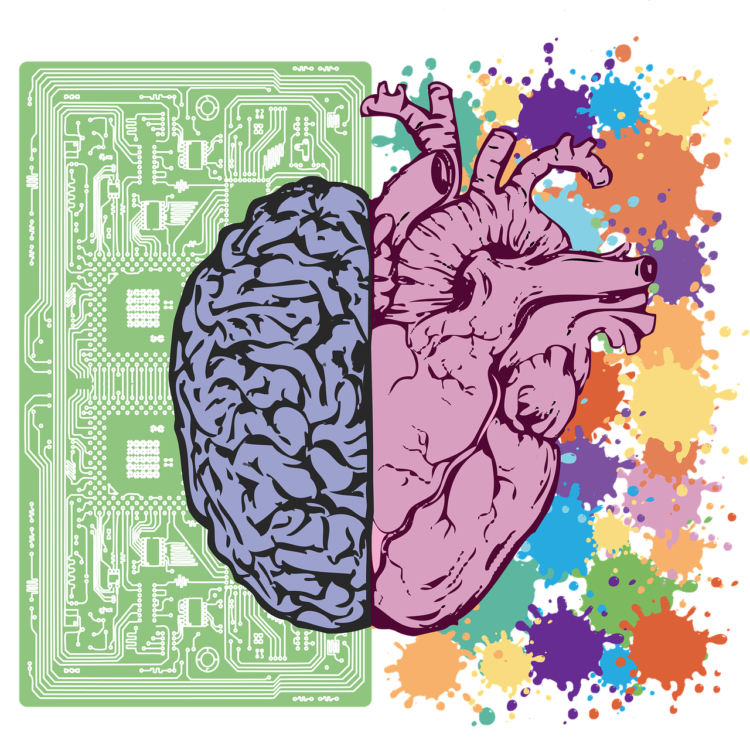Last Updated on November 16, 2022 by Editors Desk
Emotional intelligence (EI) is a set of abilities that help people manage their emotions and use them to deal with situations. It’s a new concept, but you’ve probably seen articles about it already. You might wonder if EI is something that teachers should be aware of and how it can be incorporated into their daily activities. This article looks at the factors that can make services more effective in education, including some practical steps you could take as a teacher to raise your EI skills.
Introduction to emotional intelligence in education
EI is all around us. It’s something we all have to some extent, whether we know it or not. How might we describe someone who seems to have a natural gift for understanding and managing people’s emotions, who can succeed in any situation, and who always seems to get what they want? Someone with high emotional intelligence, of course. Emotional Intelligence is the ability to recognize and manage emotions. It is the capacity to recognize, understand, and use emotions as guideposts to decision-making. EI is not a single trait but a set of skills that can be improved with practice.
What is emotional intelligence in education?
Emotional intelligence is the ability to identify emotions (e.g., when someone is frustrated; when someone is scared), understand emotions, and use emotions to guide decision-making. Emotional intelligence is different from cognitive intelligence, which is the ability to think and reason. Cognitive intelligence, measured through standardized tests, is the ability to think abstractly and logically, reason accurately, and solve problems using math skills. Emotional intelligence, measured through tests of personality, social skills, and communication, is the ability to recognize, understand, and use emotions to guide decision-making. It includes, for example, the capacity to identify emotions and the skills to manage them (e.g., so as not to get frustrated; so as to communicate effectively).
Emotional intelligence and teaching
As a teacher, you may want to increase your emotional intelligence, both in order to learn more about your students and in order to better support them. First, there are the obvious challenges of managing your own emotions as you work with students’ emotions. It can be helpful to speak to a counselor, psychologist, or teacher professional if you’re finding it difficult to manage your own emotions as you teach. Second, it’s important to recognize your own emotions as you teach. This can help you stay focused and connected as you teach; it can also help you recognize when students are having difficulties and respond in a way that’s helpful. Finally, you can use your knowledge of your own emotions to understand and support the emotions of your students. You can help students to understand their emotions, identify their feelings, and find ways to respond that are helpful.
How to build your emotional intelligence as a teacher?
There are many ways to build your emotional intelligence as a teacher. Here are some ideas:
- Regularly reflect on your own feelings as a student and as a teacher. This can help you identify your own emotions and stay connected to your own feelings as you teach.
- Be aware of your own emotions as you teach. This can help you stay focused and connected as you teach. This is especially important for teachers who find it hard to identify their own emotions.
- Practice communicating with various emotions. This can help you to better understand and respond to the emotions of your students.
- Practice having conversations with your students. This can help you understand your students’ needs, support them, and learn more about your classroom and your students.
- Use social media carefully. Be aware of how you communicate on social media and be sure to focus on what’s really important.
- Don’t feel pressure to “show the right things” or have the perfect social media profile. Keep your social media profile to a manageable level that is useful for your needs.
Bottom line
Emotional intelligence is a set of skills that can be improved with practice. There are many ways to develop your emotional intelligence as a teacher, including reflecting regularly on your own feelings, staying connected to your own emotions as you teach, communicating with various emotions, and practicing conversations with your students. It’s important not to feel pressure to have the perfect social media profile or to show the “right things” online. Instead, keep your profile to a manageable level that is useful for your needs. When using social media, be aware of how you communicate and make sure to focus on what’s really important.



